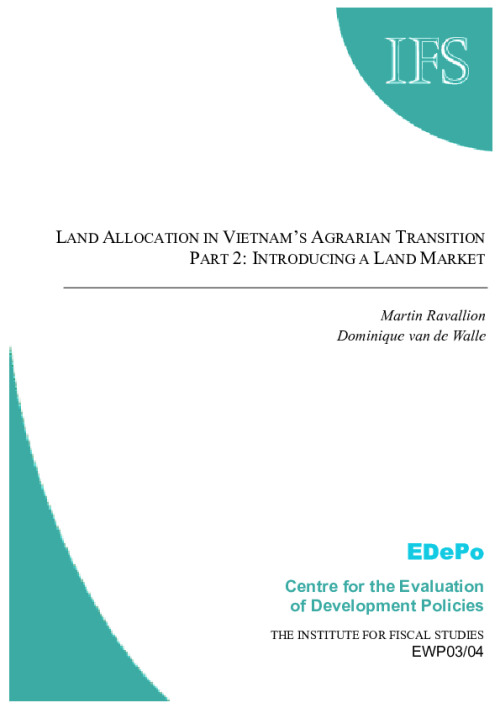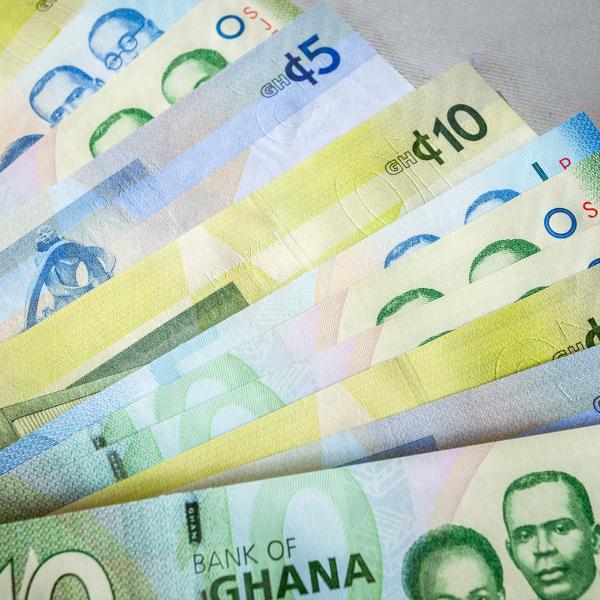While liberalizing key factor markets is a crucial step in the transition from a socialist control-economy to a market economy, the process can be stalled by imperfect information, high transaction costs and covert resistance from entrenched interests. The paper studies land-market adjustment in the wake of Vietnam's reforms aiming to establish a free market in land-use rights following de-collectivization. Inefficiencies in the initial administrative allocation are measured against an explicit counter-factual market solution using the results from Part 1 of this paper. Our tests using a farmhousehold panel data set spanning the reforms suggest that land allocation responded positively but slowly to the inefficiencies of the administrative allocation. We find no sign that the transition favored the land rich or that it was thwarted by the continuing power over land held by local officials.










